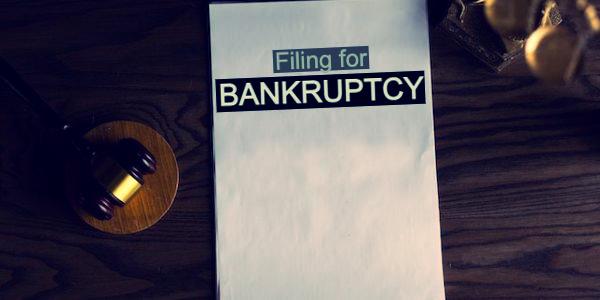You have lost a lawsuit and you are feeling at your wit’s end! You are absolutely unsure how you will pay off the debts and what might happen if you fail to pay them. Your peace of mind is at stake and you do not know how to cope with the ordeal. Well, then the only solution to your problems is bankruptcy. It might seem to be a hard blow to your credit score and social status. Yet it will be logical to give it a thought. It is found in most cases that debtors, after getting successfully sued by their creditors, file for bankruptcy to get rid of the overwhelmingly high debt figures and even wage garnishments. Bankruptcy sets in an “automatic stay” that prevents creditors from collecting their claims against the debtor; and on successful completion of the bankruptcy procedure, the debtor is safeguarded against these claims forever. Now, if that sounds convincing and you have decided to file for bankruptcy, but do not know how to begin with it, then here are the steps you can follow:
- First, you will need to prepare an exhaustive list of your assets, income and debts. The list should include everything ranging from personalized items to credit cards, insurances, medical expenses and the like.
- Then, you will need to go for the bankruptcy Means Test, where your income will be evaluated in comparison to the state estimated median income of a comparable family. If your income is below the median income, you will be considered eligible for Chapter 7 bankruptcy; otherwise you will have to file for Chapter 13. You can visit the US Bankruptcy Court's Means Testing website to take the test.
- Once the bankruptcy type is determined, decide whether you want to hire a bankruptcy attorney or not. You may well file for bankruptcy without a lawyer, but it is advised that you seek help of a lawyer in order to get the best legal guidance.
- Then download the bankruptcy forms and fill it out. Make sure you fulfill all the requirements and attach all the required documents as mentioned in the forms. Also carefully mention all the debts and lawsuits you want to include in your bankruptcy petition. You might need to attend a credit counseling session before your bankruptcy petition and the related paperwork are accepted by the court.
- Then file your bankruptcy form and the paperwork with the bankruptcy court. The filing will cost you $275.
- If your petition gets approved, you will have to attend the required court hearings of your case. The most important among them is the 341 Creditor’s Meeting, which will be held within about a month of your bankruptcy filing. The next most important one is the final hearing, where you will be declared debt-free. If you hire a lawyer, you will probably not have to attend any other hearing other than these two, because your case will be handled by the lawyer. The following are some of the common types of lawsuits that bankruptcy discharges:
- Lawsuits for credit card debt collection
- Lawsuits on second mortgages and vehicles
- Lawsuits for unpaid medical, legal and other bills
- Lawsuits for business and personal debts and personal injury Bankruptcy eliminates most of the lawsuits and even those debts, which a lawsuit prevents you from paying. But, here it is important to remember that bankruptcy will not discharge any judgment arising out of claims for child support or any decision made by the legislators, such as a lawsuit to compensate someone you injured while driving in a drunken state. Thus, it is clear that bankruptcy would indeed be a rational option to consider, if you are struggling hard with an impoverished financial condition after a lost lawsuit.












